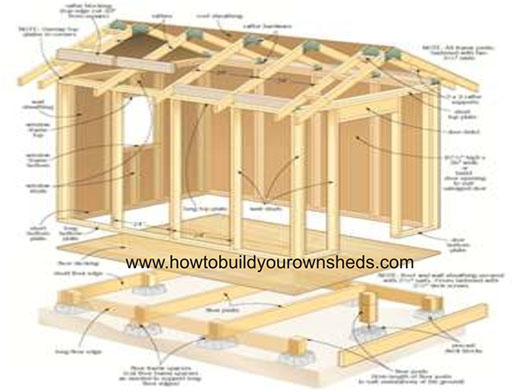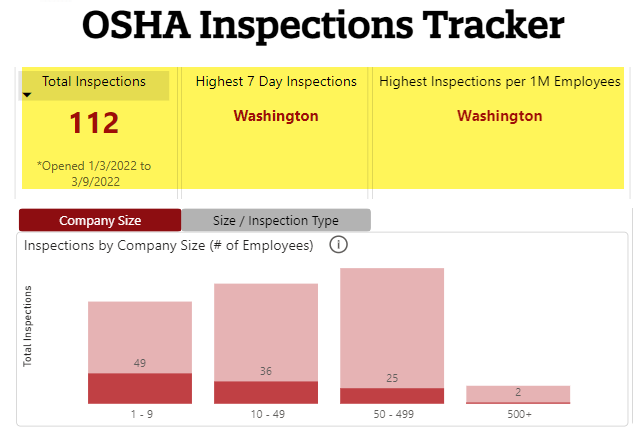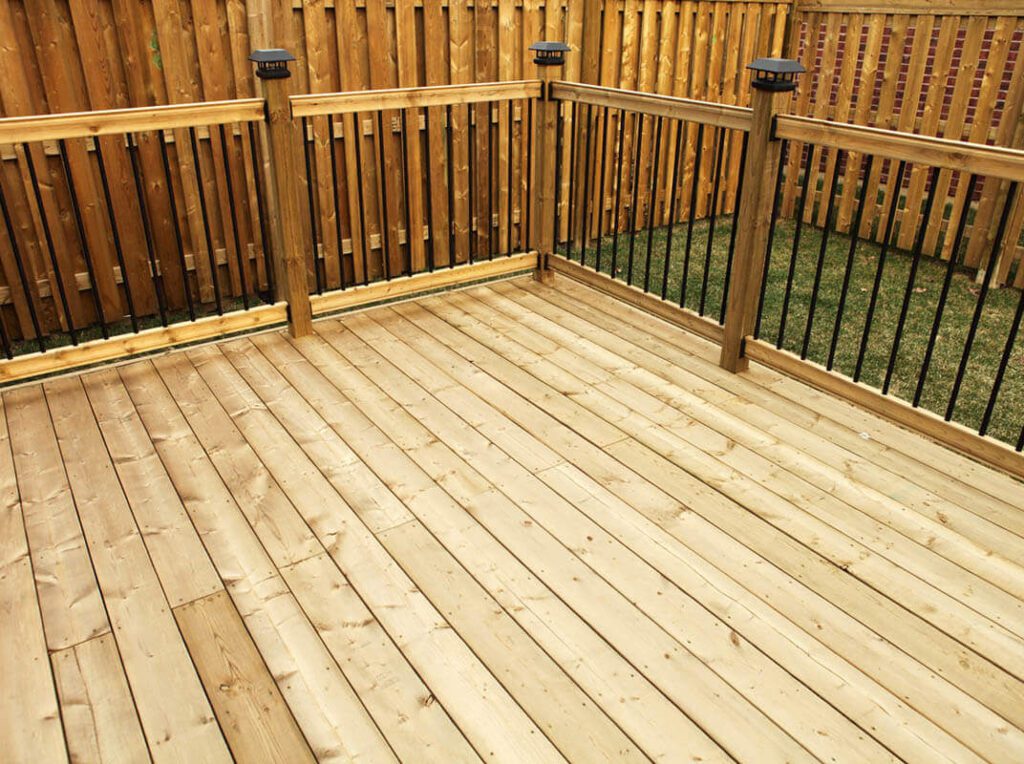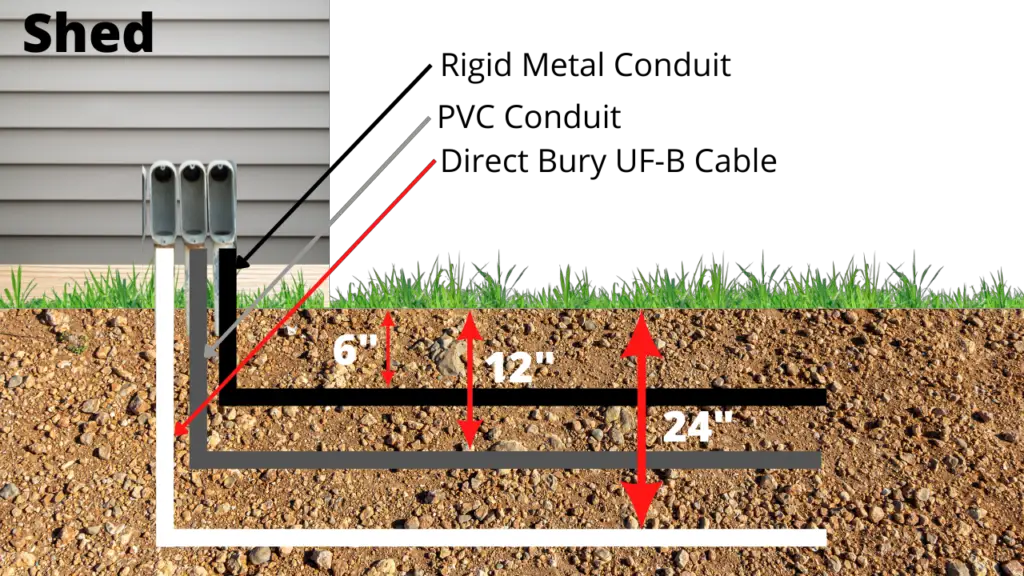If you’re itching to build a shed on your property but don’t want the hassle of obtaining a permit, you’re not alone. Many homeowners in King County are curious about the restrictions when it comes to shed construction. Thankfully, there are specific guidelines that can help you determine the maximum size of a shed you can build without a permit. In this article, we’ll break down the regulations and shed light on the exciting possibilities for enhancing your outdoor storage space. So read on and discover how big of a shed you can have without any permit worries in King County!
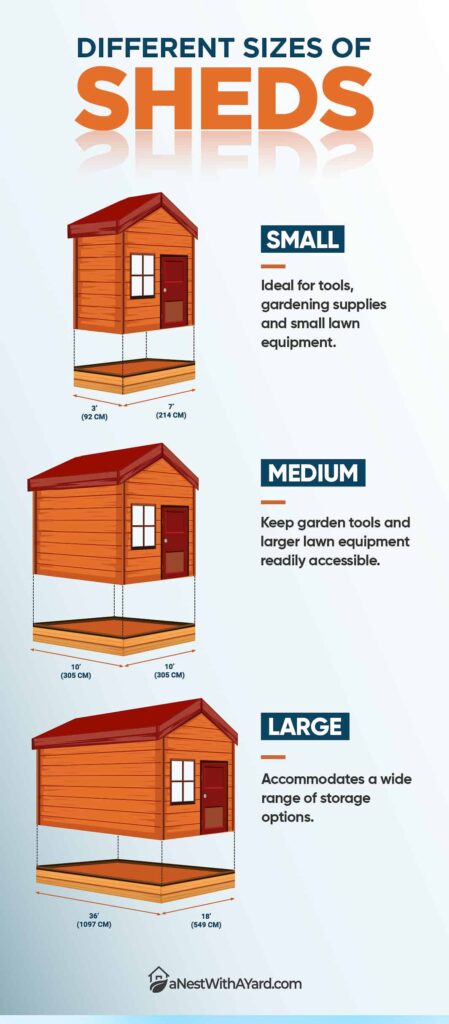

Permit Requirements for Sheds in King County
Understanding Permit Requirements
When it comes to constructing a shed in King County, it’s important to understand the permit requirements. These regulations ensure that the sheds are safe, meet zoning requirements, and adhere to any community covenants. By following these guidelines, you can avoid legal penalties and enforcement actions.
Determining Shed Size Restrictions
One of the main factors in determining whether a shed requires a permit is its size. King County has specific size restrictions in place, and understanding these limitations is crucial. By knowing the maximum size allowed for a shed without a permit, you can plan your project accordingly and avoid unnecessary hassle.
Exemptions from Permit Requirements
Sheds under a Certain Size
If you’re planning to build a small shed in King County, you may be exempt from obtaining a permit. Sheds that are below a certain size threshold typically do not require a permit. However, it’s important to check the specific regulations in your area, as these size limits may vary depending on your location within the county.
Temporary Sheds
Temporary sheds are another category of sheds that typically do not require a permit. These types of sheds are intended for short-term use and may be exempt from permit requirements due to their temporary nature. However, it’s important to ensure that the shed meets all other regulations, such as setbacks and height restrictions, even if it falls under the temporary shed category.
Agricultural Sheds
If you’re constructing a shed for agricultural purposes, you may be exempt from permit requirements. Agricultural sheds are often used for storing equipment, housing livestock, or other farm-related activities. However, it’s important to consult with the King County Department of Permitting and Environmental Review to determine the specific regulations and criteria for agricultural sheds.
Non-Permanent Sheds
Non-permanent sheds, such as portable or collapsible sheds, may also be exempt from permit requirements. These sheds are designed to be easily movable and temporary in nature. However, it’s crucial to ensure that these sheds meet all other regulations, such as setbacks and height restrictions, in order to avoid any potential legal consequences.
Accessory Dwelling Units (ADUs)
If you’re planning to build an accessory dwelling unit (ADU), which is a small, self-contained residential unit on the same property as a main dwelling unit, you will likely be required to obtain a permit. ADUs have their own set of regulations and requirements, including permits, to ensure compliance with zoning and building codes.
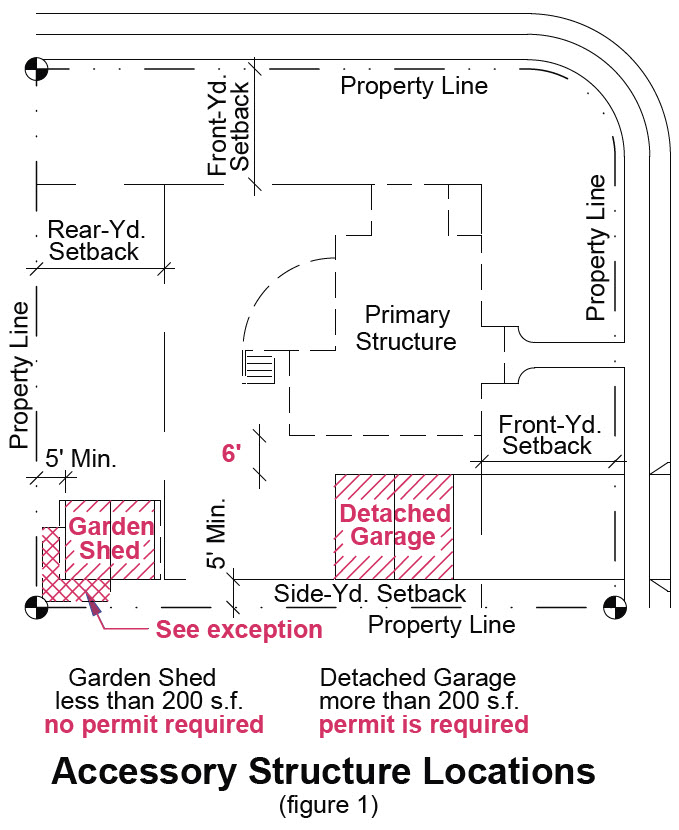

Size Restrictions for Sheds Without Permits
Determining the Maximum Shed Size
In King County, the maximum size of a shed that can be built without a permit varies depending on the zoning classification of your property. Generally, the size limit ranges from 120 square feet to 200 square feet, but it’s important to verify the specific regulations for your property. These size restrictions are in place to ensure that the shed does not negatively impact the surrounding neighborhood or violate any zoning requirements.
Setbacks and Height Restrictions
In addition to size restrictions, sheds without permits must also adhere to setbacks and height restrictions. Setbacks refer to the required distance between the shed and property lines or other structures. Height restrictions, on the other hand, limit the maximum height of the shed. These regulations aim to maintain the aesthetic appeal of the neighborhood and prevent any potential hazards or encroachments on neighboring properties.
Permit Process for Sheds Exceeding Size Restrictions
Submitting a Permit Application
If you plan to build a shed that exceeds the size restrictions in King County, you will need to submit a permit application to the King County Department of Permitting and Environmental Review. The application will require detailed information about the shed, including its dimensions, construction materials, and proposed location on your property. It’s important to be thorough and accurate when completing the application to expedite the review process.
Review and Approval Process
Once you have submitted your permit application, it will go through a review process by the King County Department of Permitting and Environmental Review. This process ensures that the proposed shed meets all applicable regulations, including setbacks, height restrictions, and other zoning requirements. It may involve coordination with various departments and agencies, depending on the specifics of your project. Once the permit is approved, you can proceed with the construction of your shed.
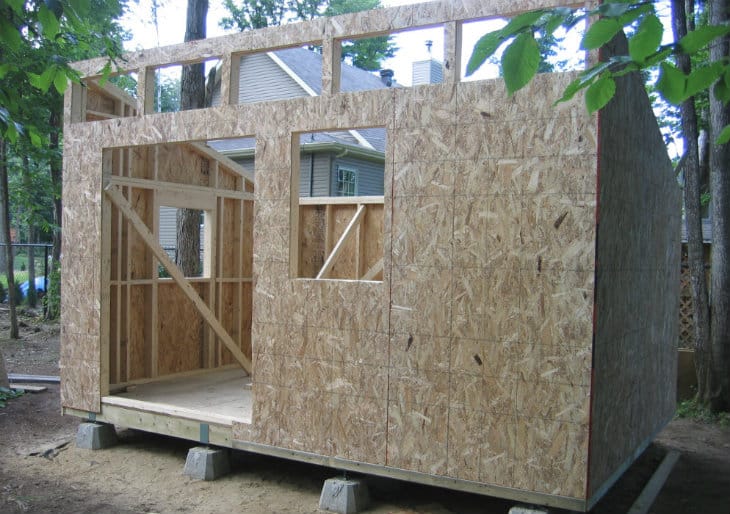

Considerations for Shed Construction Without a Permit
Construction Standards
Even if your shed is exempt from permit requirements, it’s important to adhere to construction standards to ensure the safety and durability of the structure. Following recommended construction practices and using quality materials will help your shed withstand the elements and serve its intended purpose. Additionally, it’s important to take any necessary precautions, such as ensuring proper ventilation and insulation, to protect the items stored inside the shed.
Neighborhood Covenants and Restrictions
While the county regulations dictate the permit requirements, it’s also crucial to consider any neighborhood covenants and restrictions that may be in place. These covenants are established by homeowners’ associations or other community organizations and may impose additional requirements or limitations on shed construction. It’s essential to review and comply with these covenants to maintain a harmonious relationship with your neighbors and avoid potential conflicts.
Zoning Requirements
Zoning requirements can vary throughout King County, and it’s important to familiarize yourself with the specific regulations in your area. These requirements define how properties can be used and determine the appropriate location and size of structures. By understanding the zoning requirements, you can ensure that your shed complies with the regulations and avoids any potential violations.
Consequences of Building a Shed Without a Permit
Legal Penalties
Building a shed without obtaining the required permit can result in legal penalties. While the specific penalties can vary, they may include fines, citations, or even legal action. Moreover, if you are found to be in violation of the regulations, you may be required to remove or modify your shed to come into compliance. It’s crucial to understand and follow the permit requirements to avoid any legal consequences.
Enforcement Actions
In addition to legal penalties, the county may also take enforcement actions to address the violation. This can involve issuing a stop-work order, which halts the construction process, or applying other remedies to rectify the violation. These enforcement actions can be costly and time-consuming, causing unnecessary stress and inconvenience. By following the permit requirements, you can avoid these enforcement actions and ensure a smooth construction process.
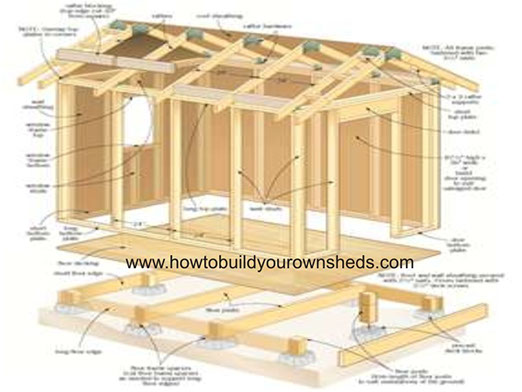

Additional Resources
King County Department of Permitting and Environmental Review
For more information on permit requirements and regulations for shed construction in King County, it’s recommended to visit the official website of the King County Department of Permitting and Environmental Review. This resource provides detailed information and guidance to assist you throughout the permit process.
King County Zoning Code
To better understand the zoning requirements and regulations that apply to shed construction, it’s advisable to refer to the King County Zoning Code. This document outlines the specific rules and standards for different zoning classifications, helping you ensure compliance with the applicable regulations.
In conclusion, it’s essential to understand the permit requirements for sheds in King County before embarking on any construction project. By familiarizing yourself with the regulations, exemptions, and limitations, you can ensure a smooth and compliant process. Remember to always prioritize safety, adhere to construction standards, and respect neighborhood covenants and zoning requirements. By doing so, you can avoid legal penalties, enforcement actions, and unnecessary complications during the shed construction process.

